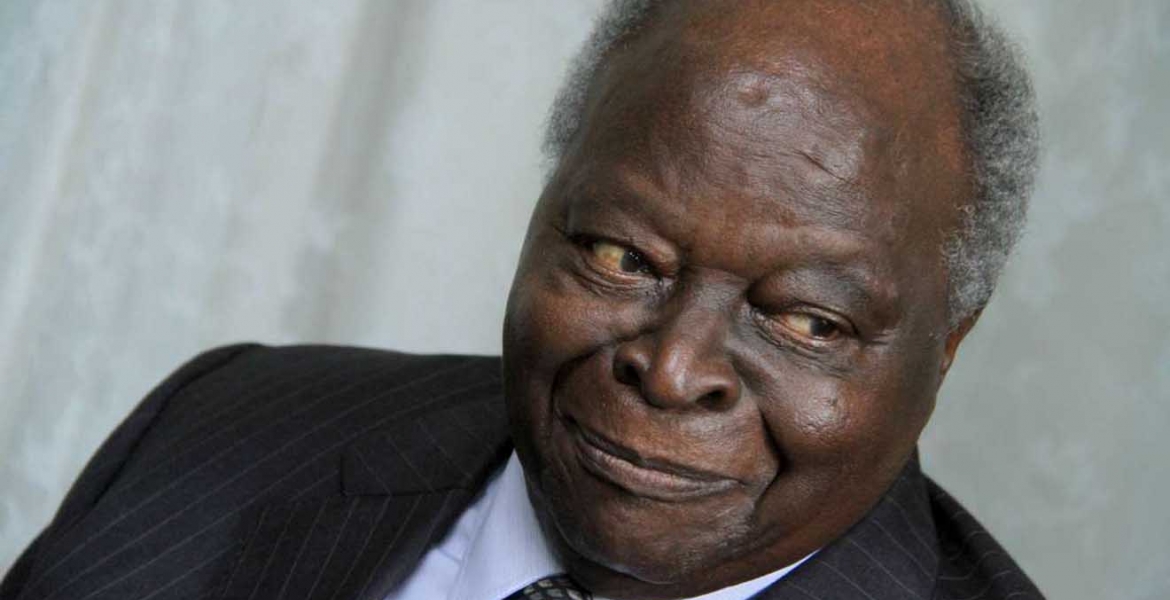
Kenya held a state funeral Friday for its third president, Mwai Kibaki, who died last week at the age of 90. Officials are hailing Kibaki for transforming Kenya’s economy and education.
Kenyan President Uhuru Kenyatta led other African leaders and tens of thousands of Kenyans in paying last respects to Kibaki.
“We are here not only to mourn an incalculable loss but also to celebrate a magnificent life,” said Kenyatta. “We celebrate a man of faith, a man of family, a man of honor and a man who always put Kenya and Kenyans first.”
Kibaki led the East African nation between 2002 and 2013, when he stepped down after two terms.
South African President Cyril Ramaphosa was among the leaders who attended the prayer service at Nyayo stadium in Nairobi.
“We remember President Kibaki for the leadership he demonstrated not only to Kenya but also to the African continent,” he said. “We remember him for his commitment to the people of Kenya and indeed to all of us as Africans.”
Jacinta Njeri, 68, who was among the thousands gathered to remember the late president, said there was no leader like him.
“We remember him for many things,” she said. “He will sponsor our children’s education. He also developed our country. There is no better economist in Kenya than the president.”
Kenya’s third president is praised for transforming the country’s infrastructure, agriculture and education sector. His election in 2002 brought an end to four decades of one-party rule.
Political commentator Michael Agwanda told VOA Kibaki truly transformed the country.
“He walked the life of Kenya governance since independence in 1963,” he said. “That’s a person the country was expecting to come with a lot of reforms in governance in economics and as a result, he did not disappoint people. On his first term as a president he stamped out corruption, it was not as much. He borrowed very little from the foreign and the local [lenders]. He used money and people started seeing the value for money.”
The East African nation recorded its highest economic growth at 7% per year during his tenure in office.
Many Kenyans also remember Kibaki for his role in the 2007 and 2008 political violence. His disputed election win against opposition leader Raila Odinga, who accused him of rigging the vote, led to street protests and inter-communal clashes that claimed the lives of more than 1,100 people.
At the funeral, Odinga spoke about meeting with Kibaki after the violence and how the two agreed to work together. The truce led to the formation of a unity government, with Odinga becoming prime minister.
Kibaki will be buried on Saturday at his rural home in central Kenya.
